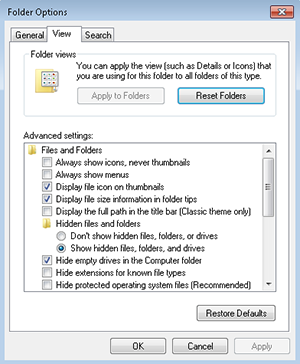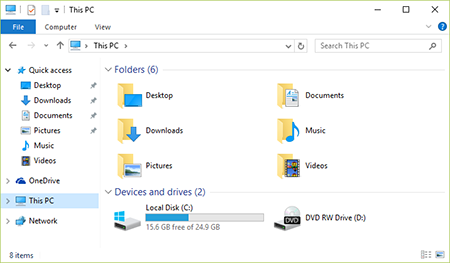Enable it right now!
Tuesday, May 24, 2016
Unfortunately, to make virus checks faster, users often exclude archives from the list of items to be scanned by their anti-virus. With an anti-virus monitor up and running, it's not a really big deal—after all, an executable file must be extracted from an archive and will be scanned whenever anyone tries to launch it. However, if an archive has been received by a program and extracted without saving the contents to a hard drive, it's an entirely different matter. Criminals never cease to invent new ways to bypass anti-virus protection.
Furthermore, the option to hide extensions for known file types is enabled in Windows by default. That's why users whose files get encrypted by Trojan.Encoder programs do not see the actual contents of the archives they receive.
The upshot is:
Caution, danger! When you agree to launch an application from an unknown sender or site or open a doc or pdf document that may be compressed in a .zip, .rar, .7z or .cab archive — in order to avoid scanning—you are very likely to activate encryption ransomware in your system.
The Anti-virus Times recommends
Disable the option to hide extensions for known file types:
- Windows XP: Start → Control Panel → Folder Options and clear the checkbox for the option Hide extensions for known file types.
Windows 7: press left Alt. In the next menu, click Tools →Folder Options; open the View pane, and in the advanced list, clear the checkbox Hide extensions for known file types.
Windows 8/8.1/10: the option can be disabled in the same way as described above. There is also another, quicker way to disable the option without opening the Control Panel. Open any folder or start Windows Explorer by pressing the Windows key + E. In the Explorer main menu, select View and check the box File name extensions—with this option enabled, file extensions will be displayed in all windows; otherwise extensions are hidden.




![Shared 16 times [Twitter]](http://st.drweb.com/static/new-www/social/no_radius/twitter.png)
Tell us what you think
To leave a comment, you need to log in under your Doctor Web site account. If you don't have an account yet, you can create one.